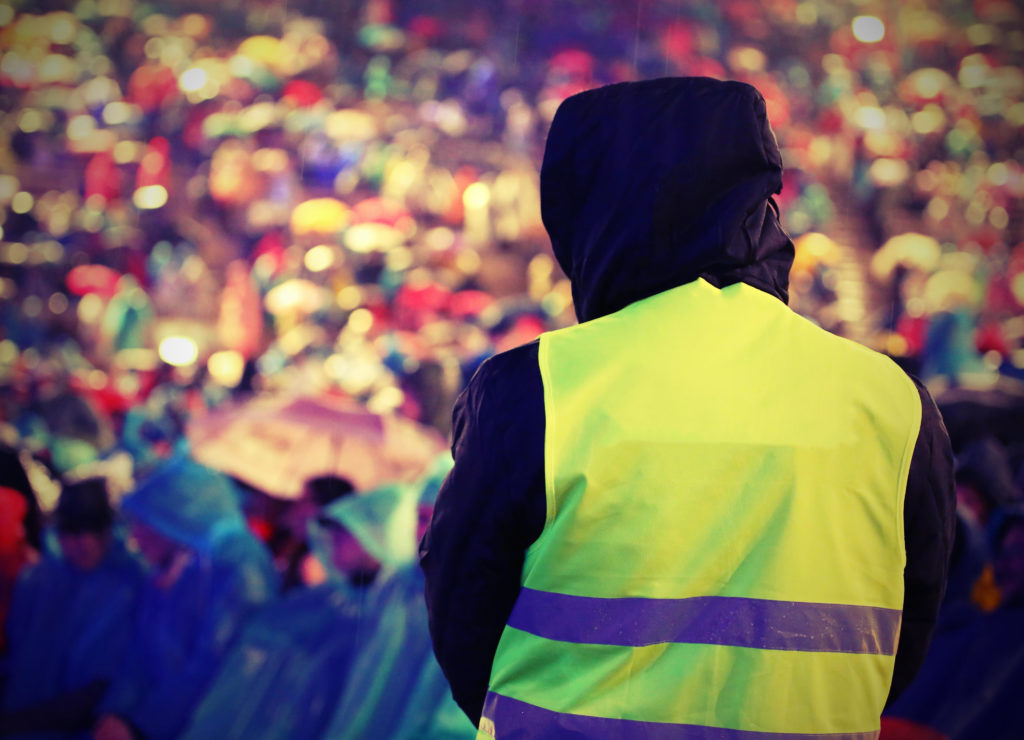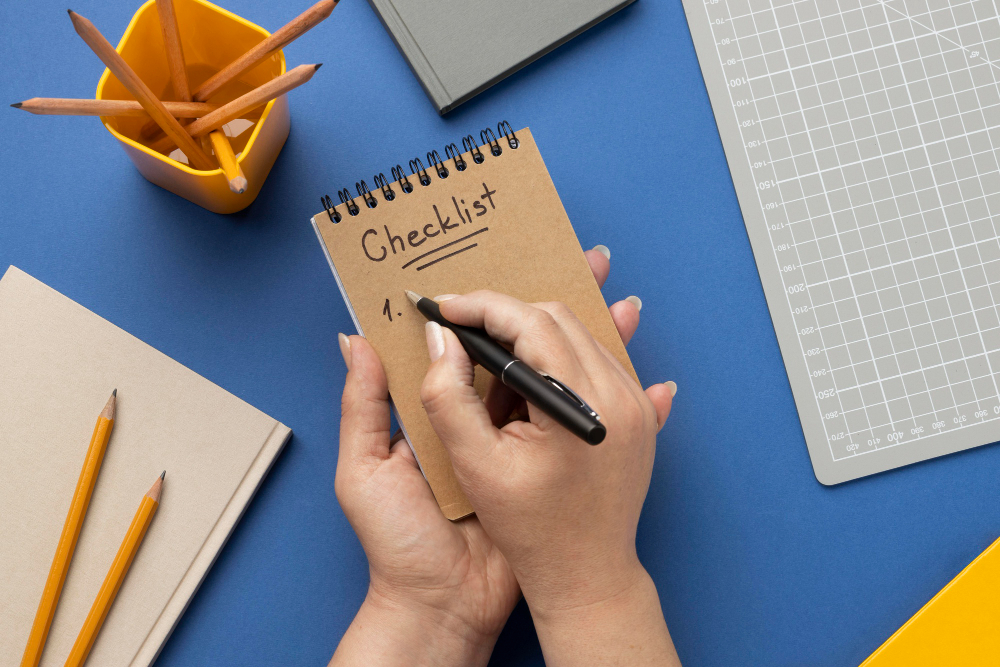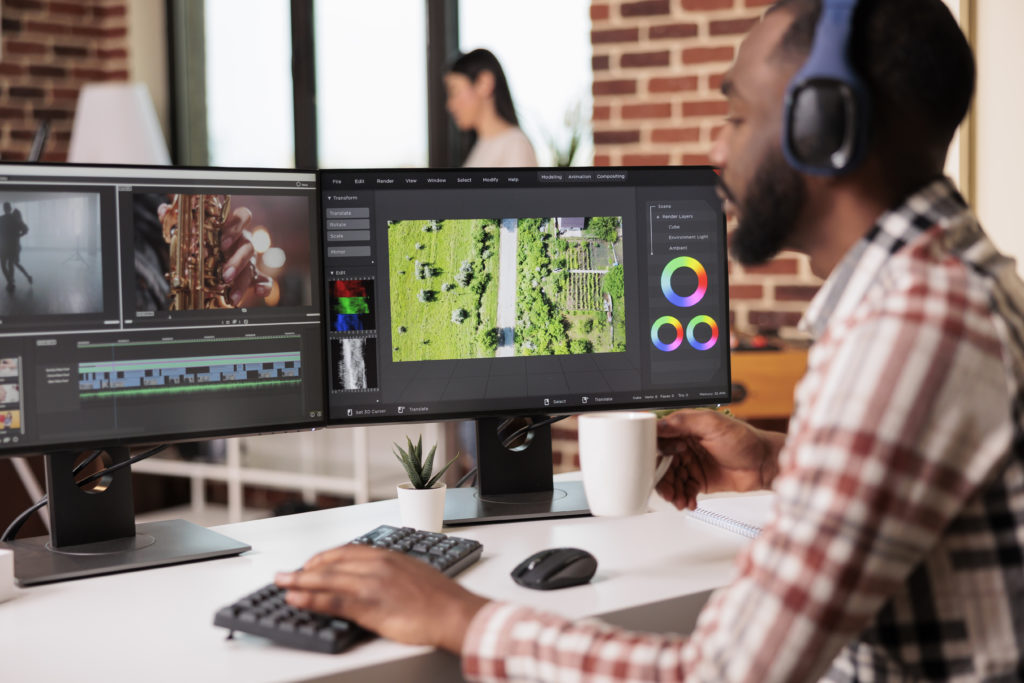
Concert Safety Tips: Keeping Your Event Venue Safe & Secure
Bright lights, artists coming to life onstage, energized crowds singing along to every word — a lot goes into the experience of a memorable show. A lot, however, can also go wrong at these shows. When it comes to running a venue, making sure every attendee has a fantastic time from beginning to end is top priority. One of the best and most important ways to ensure that a concertgoer leaves with only the most positive memories from a show is creating a safe experience for all involved.
It’s no surprise that safety is on the minds of many who attend public events or are out in large crowds. Tragedies from the 2016 Pulse nightclub attack to the 2017 Las Vegas shooting have rightfully left many people highly sensitive to potentially unsafe situations. While the odds of a large-scale attack happening at a given show are relatively low, even minor transgressions can leave concertgoers with negative memories about their experience at a venue. This then decreases the likelihood of them returning again as patrons.
Of course, not everything can be avoided, but the odds of a problem occurring, or a small situation spiraling out of control, can be greatly minimized if the proper steps are taken. Following are a few recommendations for maximizing safety and ensuring attendees leave your venue with a positive experience to remember.
Have Attentive Security Personnel Onsite
Even for small venues, having trained security personnel onsite is vital in case something goes wrong. It’s not enough for attendees, however, to just see security staff present. Attentiveness makes the difference, both for creating a sense of security and in case an actual emergency occurs. “Attentive” security staff pay attention to and interact with concertgoers as they arrive and go through security checks, closely watch the crowd for any signs of an issue, and proactively handle situations that could be heading in a negative direction.
Train Non-Security Staff Members
Even if you have hired security personnel at your events, host multiple training sessions with all staff members who work at your venue, so that they know how to handle small situations and what to do if a larger problem arises. Create a plan, give staff members specific responsibilities, and practice emergency procedures.
Partnering with local police forces and emergency medical services for training will further prepare your staff for situations that might arise, from altercations to medical emergencies. Having an established relationship with local emergency services will also make communication between your venue and their staff easier in the event of an emergency. (Bonus: even if you never experience an emergency, you will have further established your venue within the local community by building this relationship.)
Create a Safety Checklist for Every Event
Create a checklist of action items to do before the event begins and clearly assign items to your team members, to make sure that nothing that could become an issue is left unattended. This could include making sure that first aid kits and fire extinguishers are available and in the right locations, all restricted areas are marked as such, or that all staff members who needs personal protective equipment have access to that equipment. Creating this checklist will ensure that everything is taken care of and everyone is on the same page. Click here for an example of an event task list and safety checklist.
Use Proper Signage
Make sure that all emergency exits are clearly marked and remain unobstructed during and after the event. It can also be helpful to provide signs with a number to call or text if attendees notice a potential hazard or are in an uncomfortable situation and need help. Putting up signs with a tip line, in case an attendee notices any issues or wishes to anonymously report a situation or text for help, will help to increase the sense that attendees’ safety is valued. Messages like these can be hung in bathrooms, added to small tabletop signs, or included on programs or ticket stubs. Be sure to have people on your staff who will be monitoring and responding to any texts that come in.
Follow Up!
If you received attendees’ phone numbers or email addresses upon booking, send a short safety check-in or survey after the event, asking how safe they felt at the event, if any situations arose, if security handled situations properly, and any recommendations on making future events more secure. If an attendee reports back as having felt unsafe, consider reaching out to that person directly to make sure he or she feels cared for and validated by your venue, and then take steps to directly address the issue.
Safety issues can never be entirely unavoidable. The chances of a situation turning bad, however, can be greatly minimized with proper preparation, training, and by providing guests with the resources to keep themselves safe. And the more an attendee feels like the venue cared for them and their safety, the more likely they are to return for a future show.

Matt Ford is the founder and CEO of Prism.fm, an Austin-based software company revolutionizing live music event management. With a background in entrepreneurship and a degree from the University of Wisconsin-Madison School of Business, Ford combined his self-taught coding skills with firsthand experience as a concert promoter to address the inefficiencies he observed in the industry. In 2018, he launched Prism.fm, an all-in-one platform designed to streamline operations for venues, promoters, and agencies by replacing cumbersome spreadsheets with integrated tools for booking, financial tracking, and contract management. Under his leadership, Prism.fm has grown significantly, achieving $3 million in annual recurring revenue post-COVID and securing over $15 million in funding . Ford’s commitment to building user-centric solutions has positioned Prism.fm as a trusted partner for over 1,500 venues and promoters worldwide.



